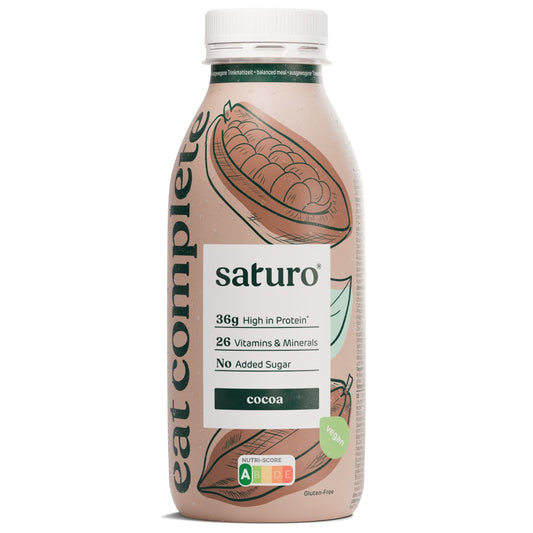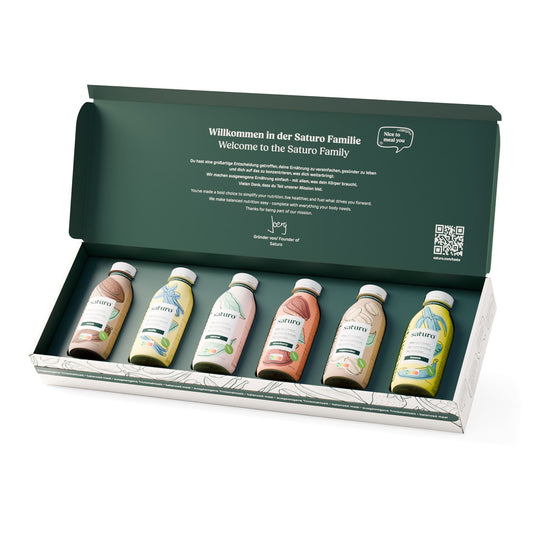Contents
1
What you should avoid after wisdom tooth surgery
No solid, hot and spicy foods
No dairy products
No coffee, tea, alcohol, nicotine or carbonated drinks
No blood-thinning foods
2
What you can eat after the operation
Liquid, mushy food for approx. 1 week afterwards
Pureed fruit and vegetables (smoothies, cream soups, etc.)
Water- or plant-based ice cream
Mashed potatoes and porridge (with plant-based milk alternative)
3
Drinking meal - an option for the time after wisdom tooth surgery
4
Summary: Eating after wisdom tooth surgery
Contents
1
What you should avoid after wisdom tooth surgery
No solid, hot and spicy foods
No dairy products
No coffee, tea, alcohol, nicotine or carbonated drinks
No blood-thinning foods
2
What you can eat after the operation
Liquid, mushy food for approx. 1 week afterwards
Pureed fruit and vegetables (smoothies, cream soups, etc.)
Water- or plant-based ice cream
Mashed potatoes and porridge (with plant-based milk alternative)
3
Drinking meal - an option for the time after wisdom tooth surgery
4
Summary: Eating after wisdom tooth surgery
Summary: Eating after wisdom tooth surgery
| Not OK | OK |
|---|---|
| Solid food | Individual drinking meals or, in the case of prolonged use, medical meal replacements in consultation with your doctor |
| Hot meals | Pureed fruit |
| Spicy food | Pureed vegetables |
| Dairy products | Water- or plant-based ice cream |
| Coffee/tea | |
| Alcohol/nicotine | |
| Blood-thinning foods (garlic, peppers, etc.) |






